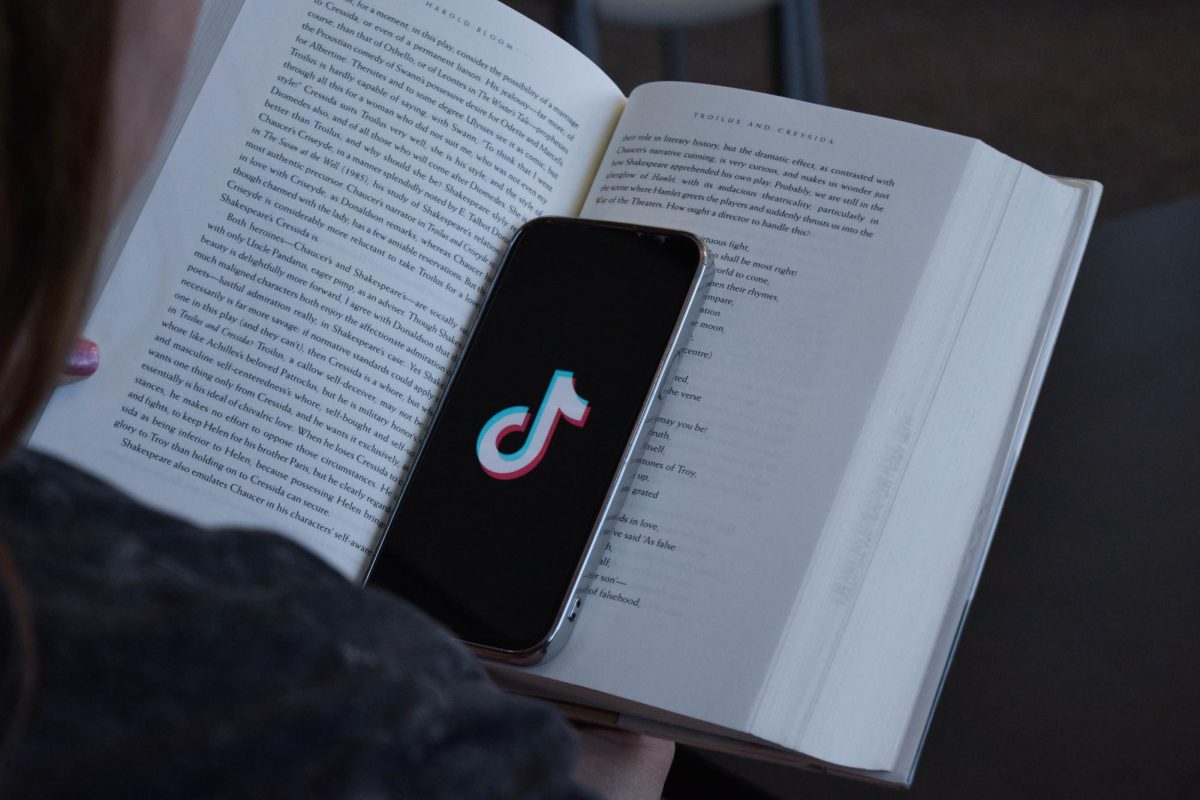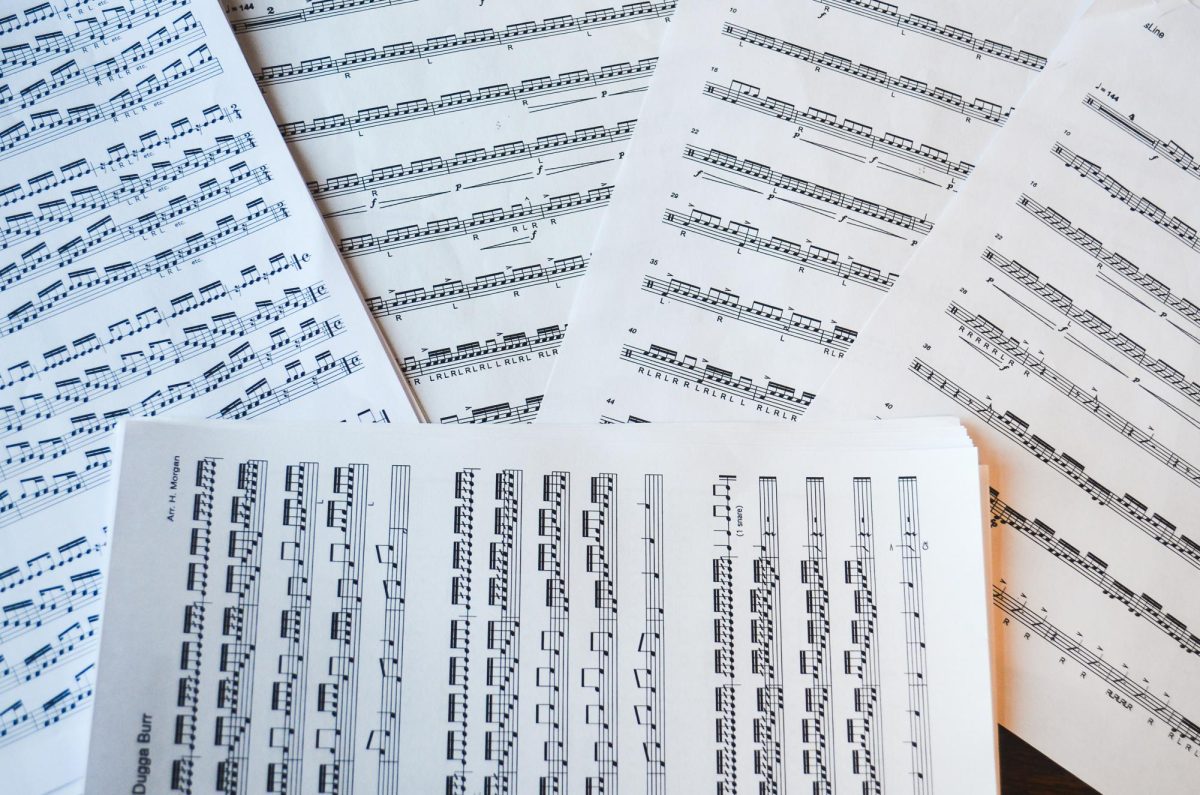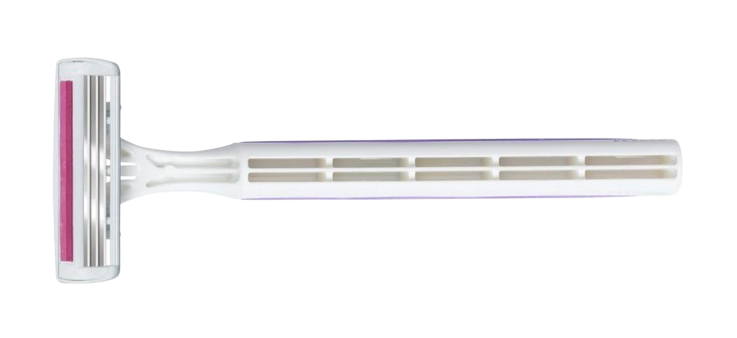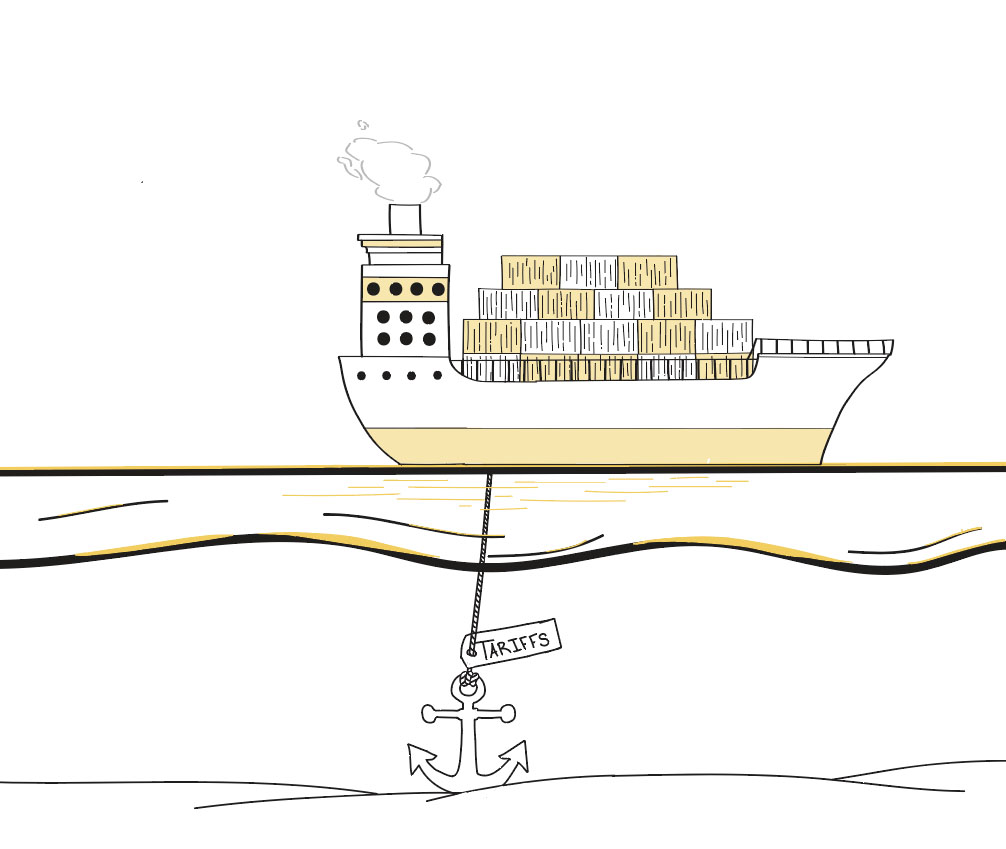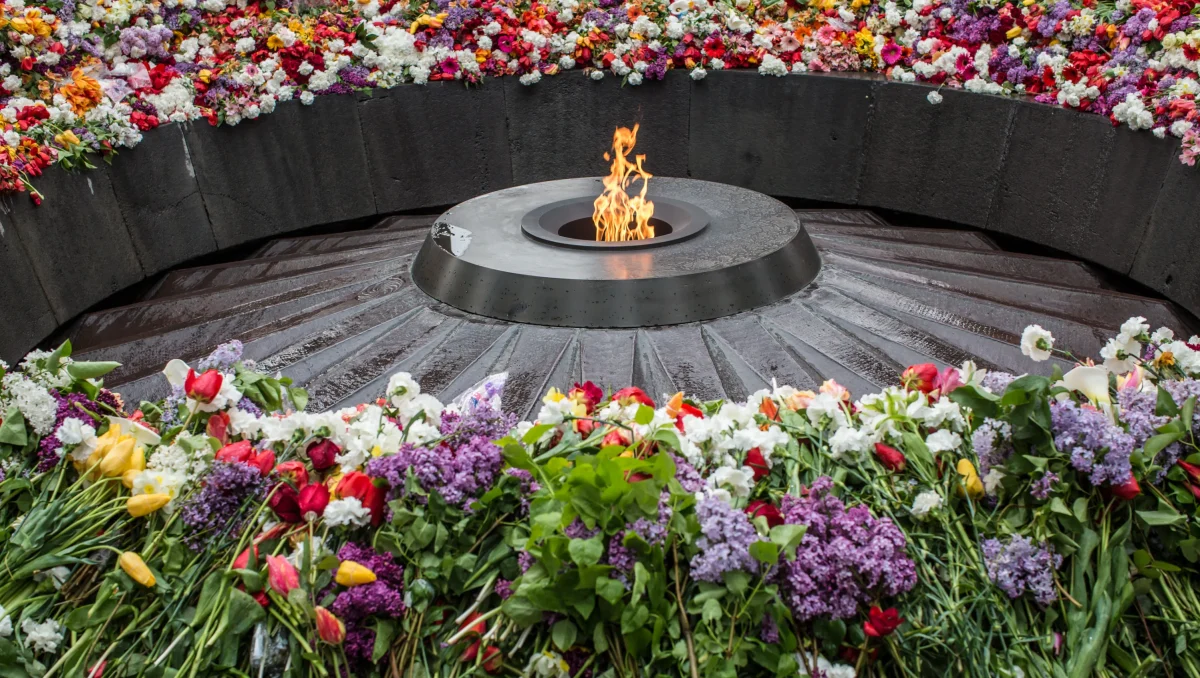Books aren’t made the same. They don’t smell the same. They don’t sound the same, look the same, nor feel the same way when you turn them around in your hands. Books are no longer lovingly inked letters scrawled across pages, put into papers, published for the world to see. Books, by no fault of their own, have been thrown into purgatory.
For the past thirty years, the modern poet has found themselves in shambles. Torn between the world of their forefathers, a past of carefully composed form and prose, and the world that awaits them in their future. In this dedicated corner of penmanship, these are the only two options. Do they return to their roots, or pave the road ahead? This has become the concern for both literary scholars and everyday readers alike. Is this deviation from the standard something to gawk at? Or is it something to indulge in?
In one sense, it’s hard to define these ‘Instapoets’, as they’re known. Their creations bear little semblance to traditional poetry. It wouldn’t be outlandish to classify them as something of their own, but assimilation has become their end goal. With “#poetry” garnering over 48 billion views on TikTok according to Forbes, it’s clear what they believe they are. This self-definition has only exaggerated the split between TikTok poets, and recognized geniuses of the craft, like Shakespeare, Keats, and Wilde.
This is the poetic divide—an argument that has existed since the beginning of literature, constantly branching into new pathways. The best have never abided by the expectations of those before them. They became what they were through hours of work, dedicated interest, and their boldness. The great are defined by their confidence in the things they craft, even when they are far from the “norm.” This is the case with the poets of TikTok. Their work bears little resemblance to those they have learned from. Are they not, then, artists? Authors, creators, inventors? Those who rearrange words for their own pleasure, to express themselves in a new and otherwise unexplored manner?
Unfortunately, this is not the case. The claim has been made, time and time again, that social media poetry is merely another form of emotional release— as poetry has always been. Those words don’t need to take any specific pattern in order to have meaning, as long as they were written with intent. TikTok poetry may have started at this root, but no longer grows from it. Much like stream clips paired with “Funniest Family Guy Scenes #27,” or Reddit stories overlaid on videos of kinetic sand cutting, poetry has become a form of content farming. Low-quality work with little thought behind it, used only to gather likes and views.
For this reason, TikTok poetry has been deemed “unrefined” by those with limited exposure. This notion does not define it as inherently worth any more, nor less, than what has come before it. It rests, like all other things, on a case by case basis. There will always be poets who write for themselves. Poets who write for the masses. Poets who write for the statistics. Poetry- since the first traces found from 25 BCE in Africa-, up to ourselves today, is not defined by a platform. It has never been about the individual words, their creators, and the purposes they serve- if they’re propagandic, or purely for evocation. These things are merely factors, cogs in the much larger machine that all literary work feeds into.
The caption for the TikTok #Poetry states “Roses are red, violets are blue, we are not very good at poetry, are you better?” This is not a call to arms, but a call to action. As it suggests, poetry has always been for everyone. No matter if you’re an author with published works, or a teenager ranting into the notes app. For this reason, shed no sympathy for the poetic divide. When a poet is passionate, they will create what suits them- but may not resonate with you. The line drawn between Michaela Angemeer and Maya Angelou is not a wall to defend against ‘less intelligent’ works, it’s a self-inflicted wound- keeping poets from education, inspiration, and their very self-improvement.
Poetry a sum of all parts. Poetry is effort, intent, feeling. Our favorite poets knew this. Perhaps they weren’t the ‘best’, or the most ‘well known’, but they were appealing. Our favorite poets will create poetry for the sake of creating poetry. Twist and turn it as they may, carve it to fit whatever hole the world needs filled, it can always be broken back down. Poets become our favorites because no matter what they’ve done, they knew that poetry was the best way to do it.
We find ourselves in a world where we fight for our own words. With fists balled tight, we engage in warfare to express ourselves. One takes from another, leeching off of the thing they find solace in. The distance between Tiktok poets and traditional poets has grown to senseless proportions. No longer is such a beautiful thing shared, but rather, used to break down those who create it. Poetry, by the faults of those who create it mindlessly, has been thrown into purgatory. This is the poetic divide.



